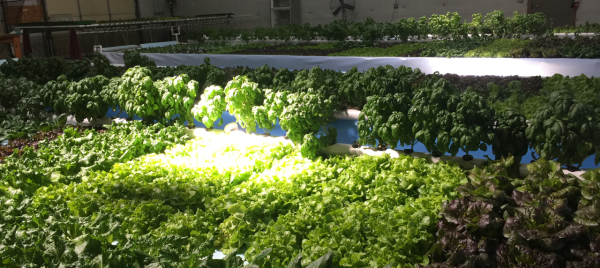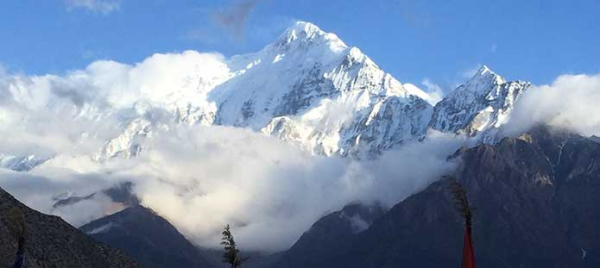EV120 - Introductory Topics in Environmental Science:
Selected topics in environmental science that are not offered as part of the regular course listings. Require no previous environmental science courses. 1 unit. (Not offered 2025-26).
.5 to 2 units
Previously Featured Offering
Get introduced to a multidisciplinary inquiry by thinking, speaking, and writing about food systems in Italy and the United States. Studying food represents a uniquely interdisciplinary way to learn about Italian and American history, politics, and ecology.

This FYE introduces students to multidisciplinary inquiry by thinking, speaking, and writing about food systems in Italy and the United States. In the language component of this course students will be introduced to written and spoken Italian through a variety of activities. Our goal will be to develop a basic oral/aural and written proficiency in order to communicate effectively and accurately. All language training will be developed in an authentic context - exposing students to various aspects of contemporary Italian life and food culture with native speakers. Food culture will be a fun (and tasty) way to learn about the Italian language. Studying food also represents a uniquely interdisciplinary way to learn about Italian and American history, politics, and ecology. Our analytical approach will be both historical and contemporary with a focus on present-day issues relating to social justice and sustainability. We will begin by tracing the evolution of agriculture in both the United States and Italy and end with the health problems related to diet that plague both nations today. Thus, this class will engage a broad range of materials, including history, documentary film, photography, advertisement, government legislation/regulation, architecture, and… food itself. Questa classe sarà ... interessante e deliziosa!
How have climate change, globalization, and economic/political forces affected the Annapurna and Mustang regions of Nepal?

This interdisciplinary course will travel (by van, airplane, and mostly foot) through four administrative districts, learning about and staying with people of no fewer than seven distinct ethnic groups. Issues of cultural change and environmental instability as a result of climate change, globalization, and economic and political forces will be examined. As part of this, the roles and impacts of rural development efforts, demographic shifts, road construction, biodiversity conservation, agriculture-wildlife conflicts, and climatological events will be explored, as well as changing patterns of agriculture, trade, mineral extraction, multi-lateral and bi-lateral foreign aid (incl. NGOs and INGOs), education, health care delivery, and local income generation and alternate energy projects. Throughout the course, we will work on developing an understanding of the natural environment –climate, and biota – and how that environment is changing in response to both natural and human drivers.
No offerings are currently scheduled.
Report an issue -
Last updated: 08/11/2025



